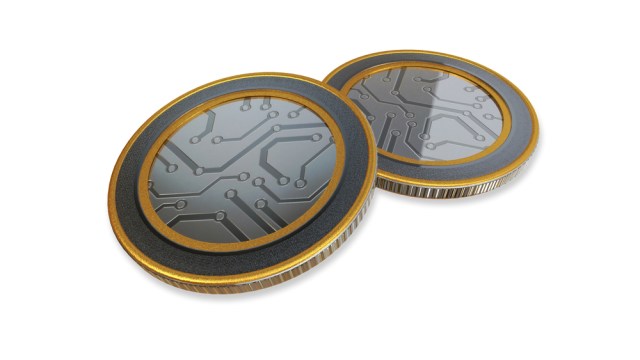One Of The Biggest Trends In Technology: Instant Gratification

As I’ve said before, technology reduces uncertainty. It does this primarily by speeding up processes, making what used to take days, weeks, or months take hours or minutes. With new methods of agriculture, we can grow crops in off-seasons, allowing us to, in practice, travel ahead a few months. With automobiles and airplanes, we can make trips in hours that once took us weeks or years. With products like Uber and Instacart, we can compress daily tasks into a fraction of the time they took before.
These new kinds of products, in which a user can press a button and instantly herald something into the world, are what I call “Instant Gratification Technologies.” They let us get what we want right away. With BloomThat, you can have flowers delivered to a loved one within hours. With Shyp, you can send off a package within minutes. With Spoonrocket, you can have a hot meal at your doorstep in minutes. With Tinder, you can introduce yourself to two or three people within seconds.
All of these products take a part of life that used to require a bit of effort and patience and make it easy and nearly instantaneous. In most cases, the price increase for these conveniences is low enough that the time and effort advantages more than outweigh the marginal monetary costs. In the quest to build committed users, many of these companies are likely losing money on each transaction. In the process, however, they’re still providing us with compelling and even addicting experiences. After getting nearly free delivery with services like Instacart and Google Shopping Express, it will be hard to go back to the old car-and-shopping-cart routine of old. When that occurs and operational efficiencies have been realized, it’s not hard to imagine that instant gratification will be the norm in most of our areas of life, from shopping to shipping to sharing.
This is one of the main trends I see going forward. At one point in time, getting food cooked by someone else and delivered to you was an absurd fantasy. Today, it’s common for people from almost every socioeconomic bracket to experience this once-rare luxury, whether it be in the form of pizza, Chinese food, etc. Similarly, having groceries delivered, packages picked up and shipped, and drivers-on-demand will be a common luxury that will transform into a new norm.
If you can think of an area of life that requires a lot of time and effort and grunt work, you can think of a new company that will emerge in the coming decades. However, this company will likely interface with you through a phone or some other wearable, and it will allow you to fulfill your momentary whims and current desires at a reasonable cost. While it’s easy to picket and pillage in the face of change, it’s even easier to sit back, take out your phone, and hail a cab. The path of least resistance is where we always flow, and in this case it will take us into a new world—one where the wait is short and the gratification is instant.
Image: Stux





